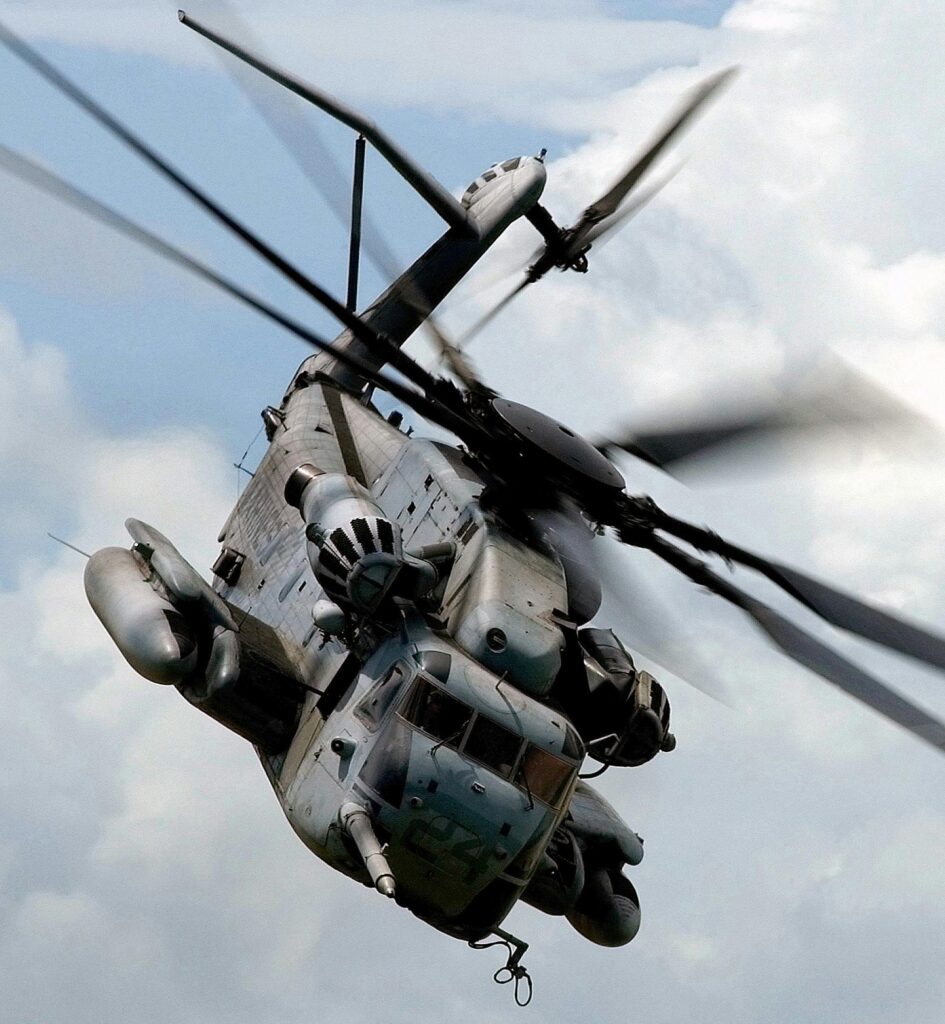- Politics
- Iran-Israel Conflict
- By Manohar Patil
The Iran-Israel Conflict: A Volatile Standoff
The long-simmering rivalry between Iran and Israel has recently erupted into direct military confrontation, sending shockwaves across the Middle East and beyond. What was once a proxy conflict, largely fought through indirect means and regional militias, has now escalated into direct exchanges of missiles and airstrikes. This dangerous new phase threatens to plunge an already unstable region into a full-blown war, with severe implications for global stability and the world economy.
The Deep Roots of Hostility
The animosity between Iran and Israel is rooted in historical, ideological, and geopolitical factors. While there was a period of covert cooperation between the two nations before Iran’s 1979 Islamic Revolution, the new Iranian regime adopted a staunch anti-Israel stance, viewing it as an illegitimate entity and a Western outpost in the Muslim world. Iran’s support for groups like Hezbollah in Lebanon, Hamas in Gaza, and Houthi rebels in Yemen, which form its “Axis of Resistance,” has consistently been perceived by Israel as an existential threat. Israel, in turn, has consistently worked to counter Iran’s nuclear ambitions and its regional influence, often through clandestine operations and targeted strikes on Iranian assets in Syria and elsewhere.
From Shadows to Direct Confrontation
The recent escalation marks a significant shift. For years, the conflict was characterized by a “shadow war,” involving cyberattacks, assassinations of Iranian nuclear scientists, and Israeli airstrikes on Iranian-linked targets in Syria. However, a series of events, including the Israeli bombing of an Iranian consulate complex in Damascus, which killed senior Iranian officials, triggered a direct Iranian missile and drone attack on Israel. This unprecedented direct strike was met with a swift Israeli retaliation targeting military and nuclear sites deep within Iran.
The Path Forward: De-escalation and Diplomacy
The current situation remains highly volatile and unpredictable. While both sides have shown a degree of restraint in previous direct exchanges, the risk of miscalculation and unintended escalation is high. International calls for de-escalation and a renewed focus on diplomatic solutions are paramount. The international community faces the urgent challenge of finding a pathway to reduce tensions and prevent this dangerous confrontation from spiraling into a devastating regional war. The consequences of failure would be far-reaching and potentially catastrophic.
Share this Article
WhatsApp
LinkedIn
Telegram
Email
Get Daily Updates to Your Inbox
Subscribe to News Letter
Advertisement


